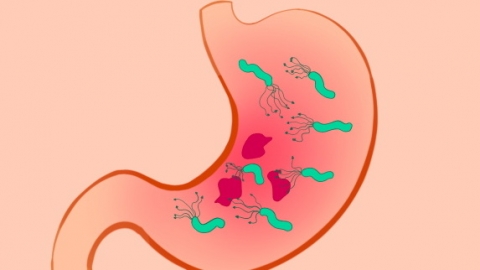Is Helicobacter pylori infection easy to treat?
Generally, whether Helicobacter pylori (H. pylori) infection is easy to treat depends on the specific infection status. If treated promptly and appropriately during the early stage of infection without bacterial resistance, it is usually easier to cure. However, if the infection has persisted for a long time, bacterial resistance has developed, or severe gastric diseases are present, the treatment becomes more challenging. Detailed explanations are as follows:

If the H. pylori infection is recent and has not caused significant gastric damage, and if the patient is in good health with no history of antibiotic resistance, following a doctor's instructions to undergo quadruple therapy and strictly adhering to the medication regimen can successfully eradicate the bacteria in most cases. The treatment process tends to proceed smoothly under these circumstances, making it relatively easy to treat.
When H. pylori infection remains untreated for a prolonged period and has led to conditions such as chronic gastritis or peptic ulcer disease, or when the patient has antibiotic resistance, initial treatment may fail. This may necessitate switching antibiotics for secondary or even multiple rounds of treatment, prolonging the treatment course. Close monitoring of drug efficacy and adverse reactions becomes necessary in such cases, significantly increasing the treatment difficulty and requiring more precise adjustments to the treatment plan.
To improve the success rate of H. pylori treatment, it is important to strictly follow medical advice during treatment and not to stop medications or adjust dosages without authorization. Additionally, proper disinfection of eating utensils should be practiced, and sharing utensils with family members should be avoided to prevent cross-infection.






